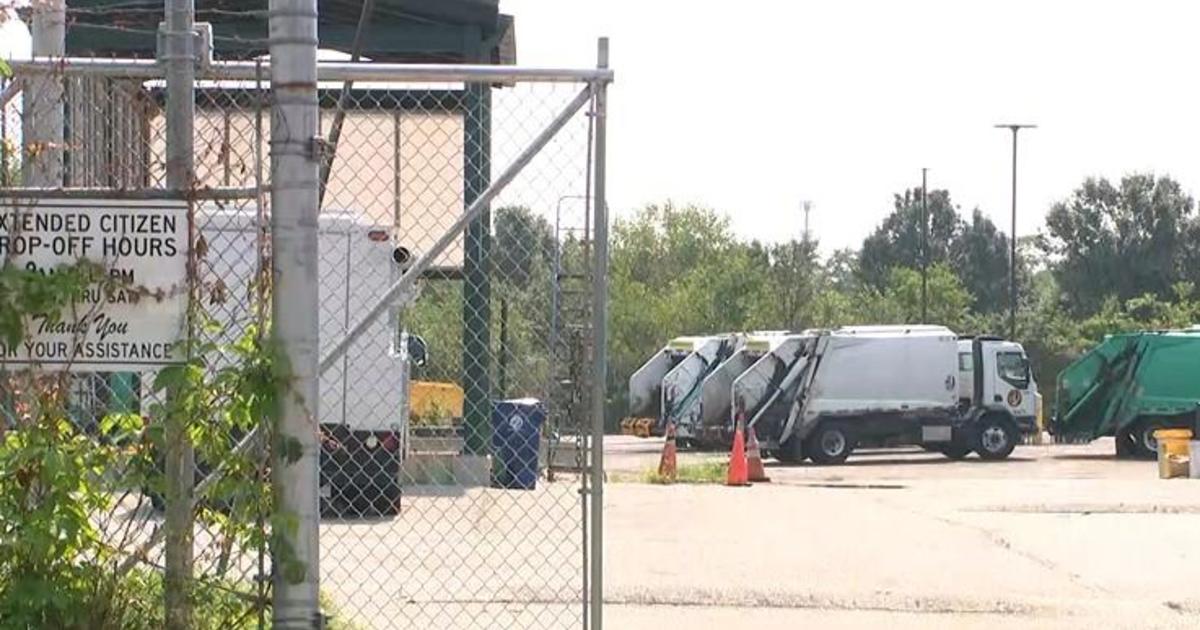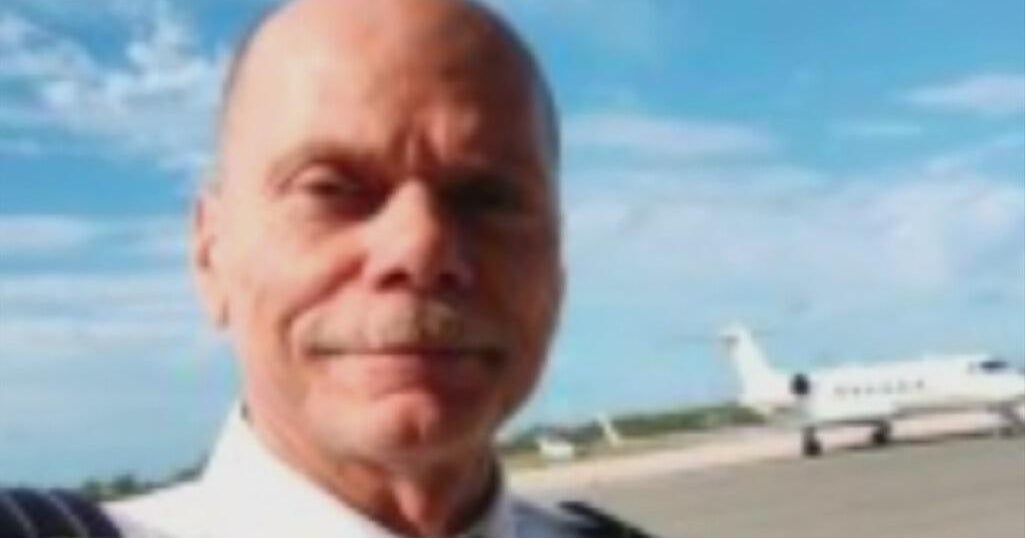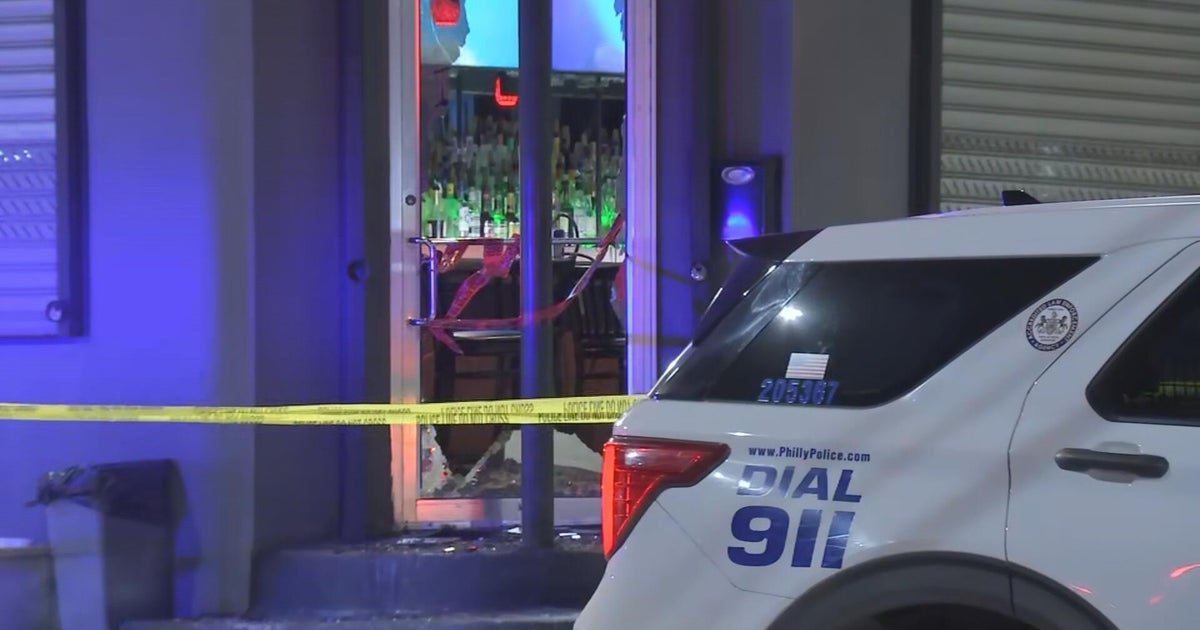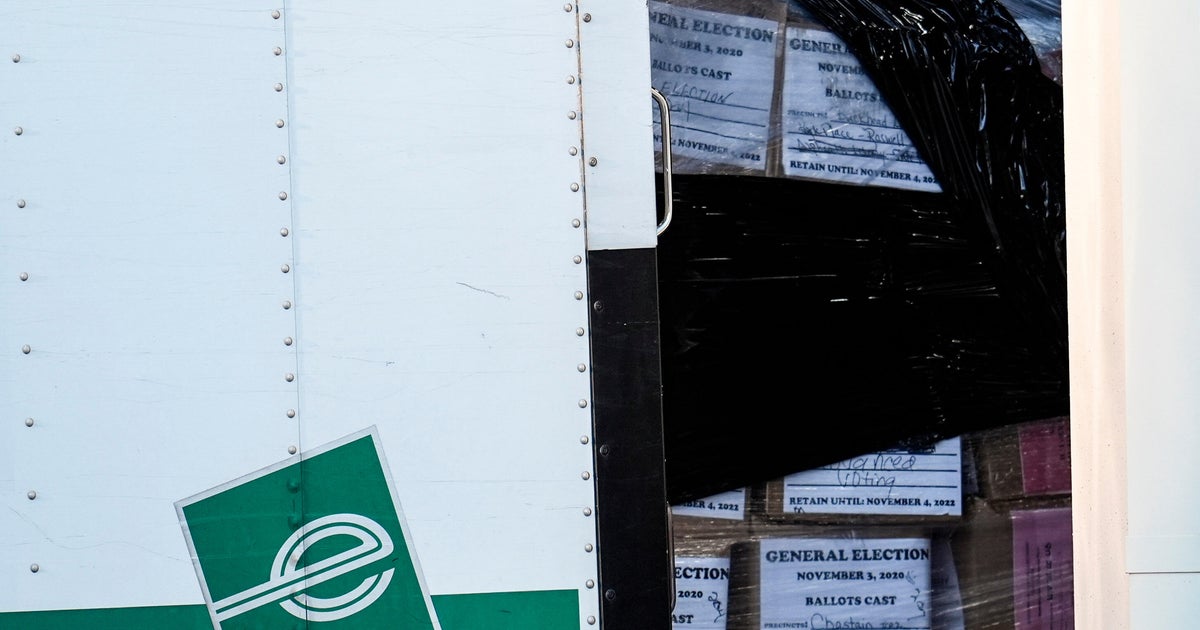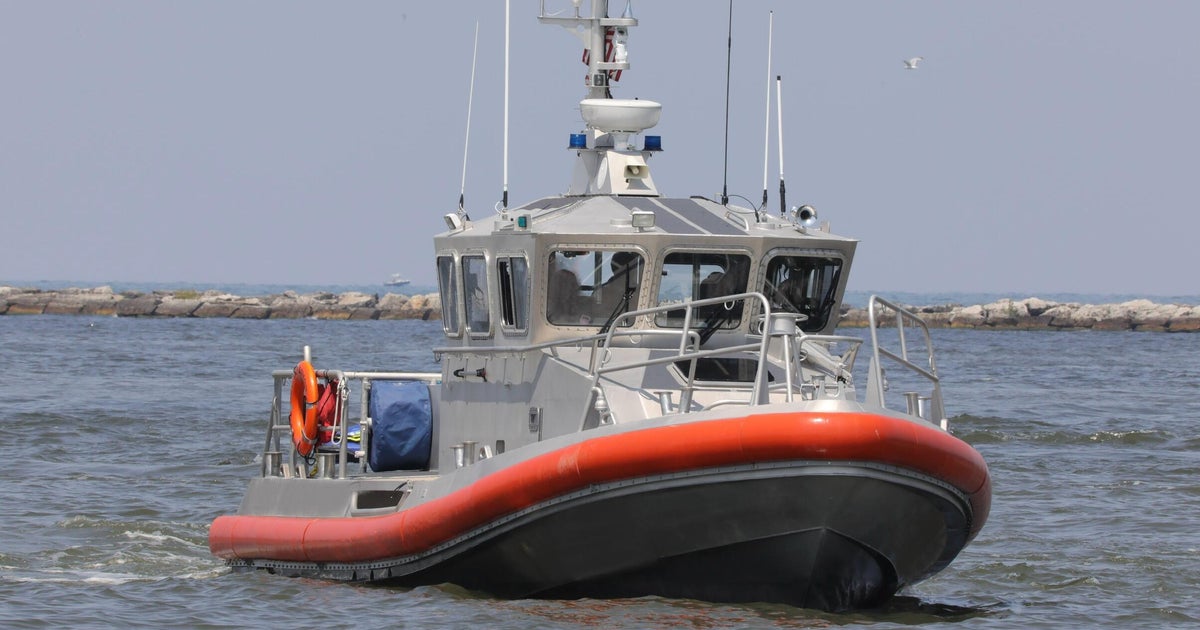Group Of Baltimore Organizations Looking For Solutions To End Human Trafficking
BALTIMORE (WJZ) -- With human trafficking being a major issue in Baltimore, federal agencies like the FBI are trying to crack down on this crime.
But local organizations are also trying to do their part to help rescue the victims.
With help from city leaders, The Baltimore City Human Trafficking Collaborative has a goal to eradicate the problem.
"Traffickers take advantage of things like poverty and housing insecurity to prey on their victims," Baltimore City Councilman Kris Burnett said.
The group has only been around for two years and has about 40 members. They are teaching the public how to recognize the signs of human trafficking before it's too late.
Some of the participants are non-profit coordinators like Natasha Guynes.
"It happens in our backyard every single day," Guynes said. "I was sexually exploited as a 20-year-old woman and I didn't recognize the level of coercion."
This year, she opened up the HER Resiliency Center in Baltimore. She's using a survival story to rescue other young women.
"It's an issue that's hidden in plain sight," she said. "We don't talk to enough people in the street, we don't have the connection with the young woman or vulnerable communities."
Baltimore is a problem spot for human trafficking because it's right along I-95.
Just last month, a survivor told WJZ's Rick Ritter it took her years to escape.
RELATED STORIES:
- A Massive Criminal Enterprise Is Hiding In Plain Sight; Sex Trafficking Is A Million Dollar Business
- This Baltimore Shelter Is Helping Survivors Of Sex Trafficking Heal From The Trauma, Find A New Life
- Sex Traffickers Don't Just Target Runaways; They Could Be Talking To Your Child On Their Phone
- Recognizing The Signs Of Human Trafficking
The Baltimore City Human Trafficking Collaborative not only provides training on how to recognize and report human trafficking, but there's also grant money.
Non-profit organizers like Lisa Molock are hoping to tap into that funding to help vulnerable young people.
"I worry about them a lot," Molock said. "It could save a lot of lives. It could save a lot of lives and a lot of futures."

